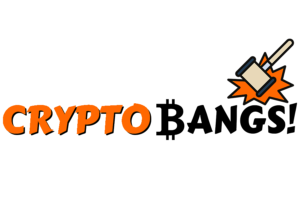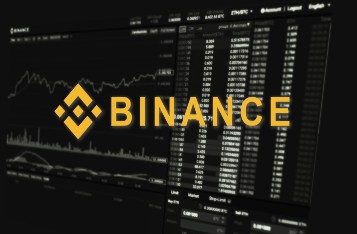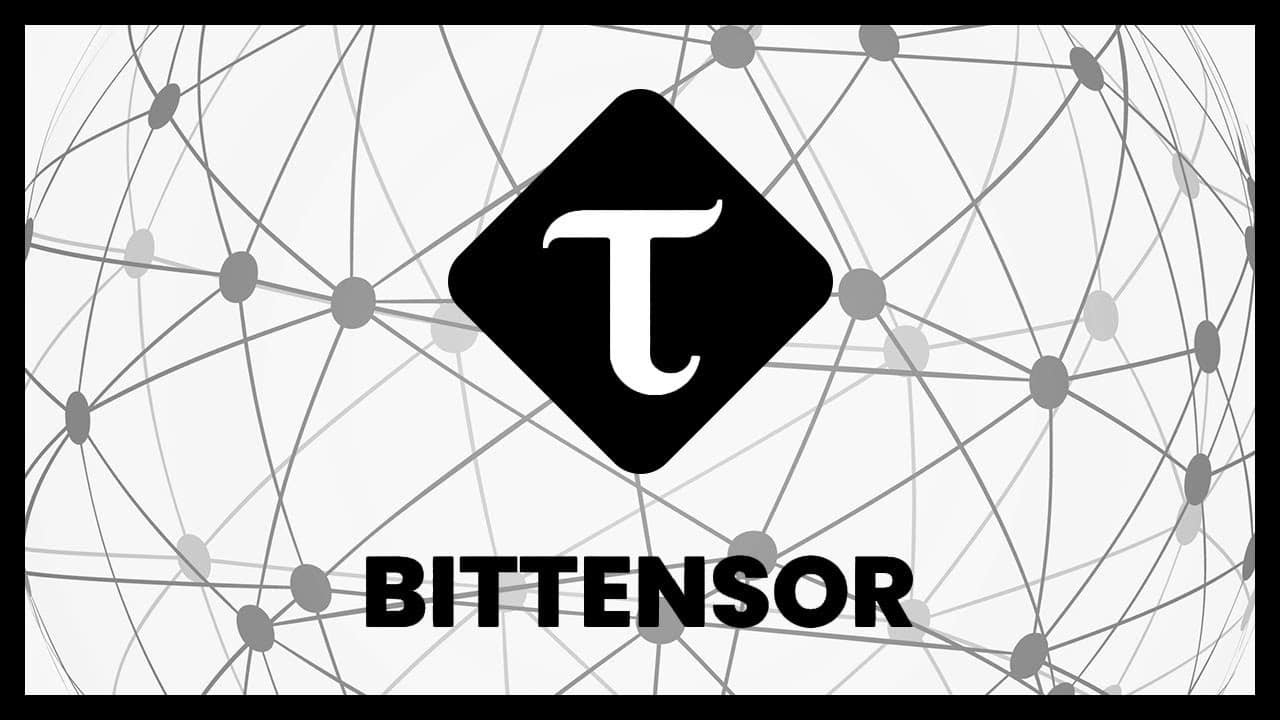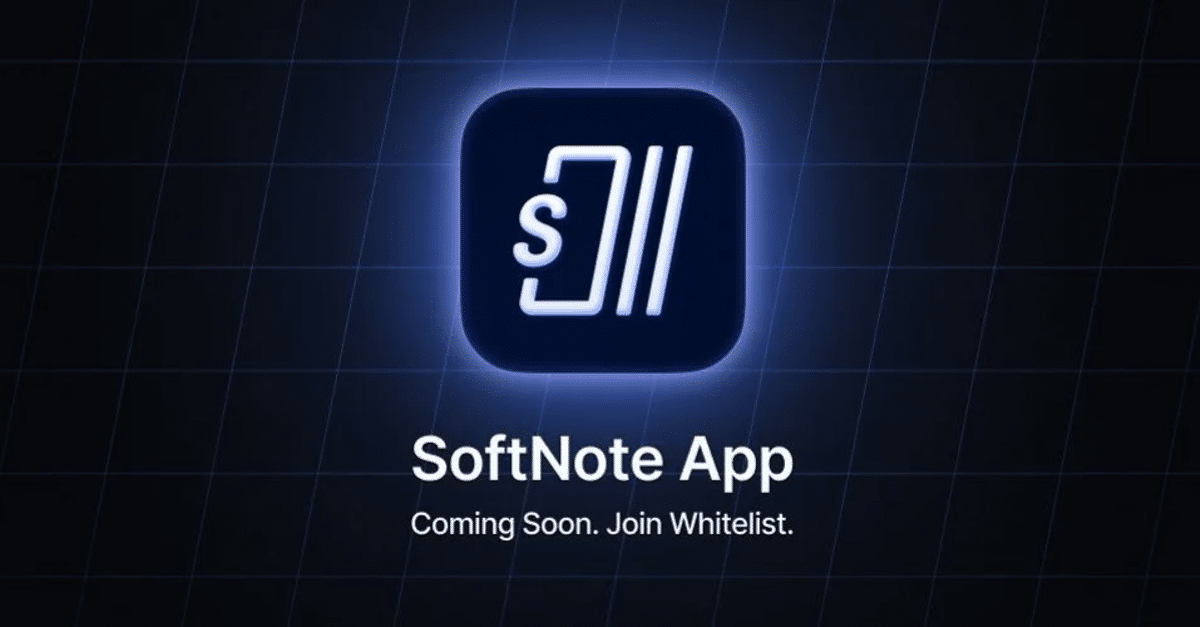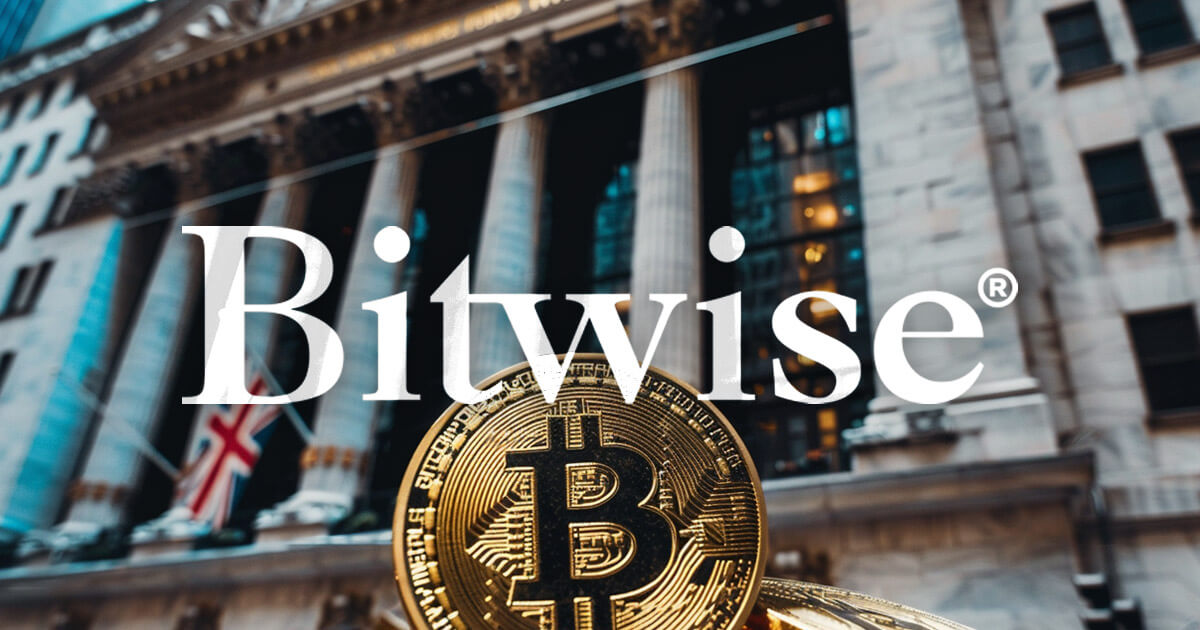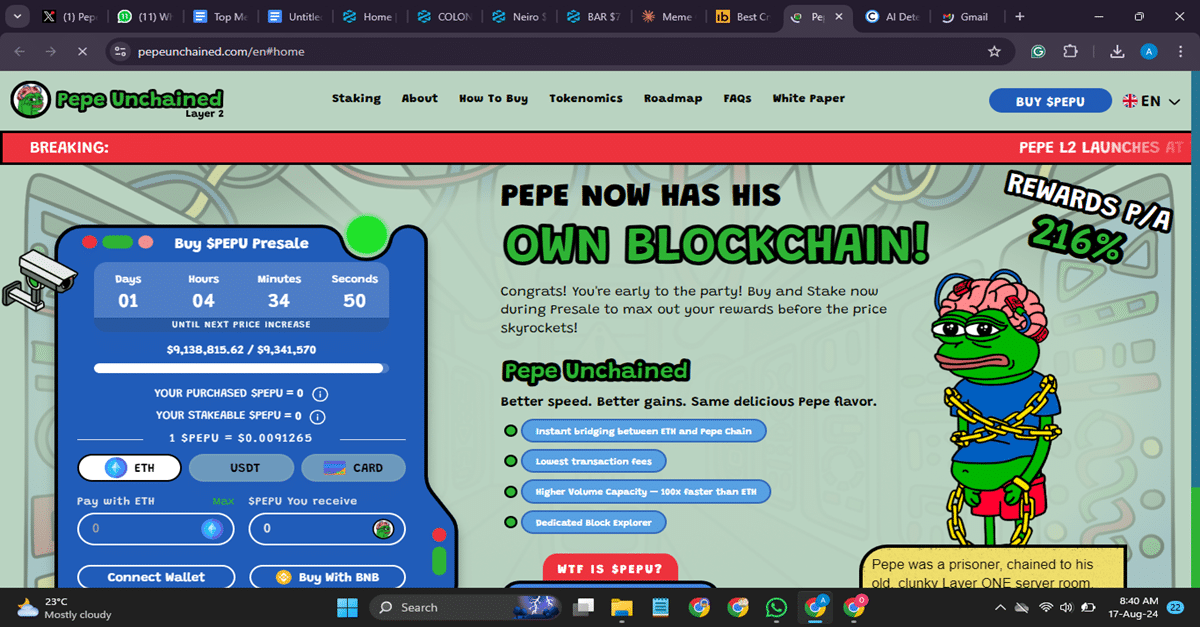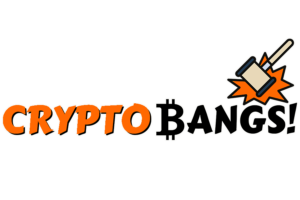Iris Coleman
Aug 23, 2024 14:32
Switzerland mandates government-developed software to be open source, joining Germany and France in enhancing digital sovereignty and security.
European nations like Switzerland, Germany, and France are increasingly adopting Free and Open Source Software (FOSS) to enhance digital sovereignty, security, and innovation. Switzerland’s legislation just mandated government-developed software to be open source, while Germany and France have made similar moves to reduce reliance on foreign tech providers. The EU supports this shift through initiatives like the Free and Open Source Software Auditing (FOSSA) project, promoting digital autonomy across the continent, according to blog.bitfinex.com.
Switzerland’s Legislation and European Trends
In recent years, several European nations, including Switzerland, Germany, and France, have increasingly embraced Free and Open Source Software (FOSS) as a strategic move to enhance digital sovereignty, security, and innovation. Switzerland has implemented legislation mandating the release of government-developed software as open source, reflecting a commitment to transparency and reduced dependency on proprietary vendors. Germany’s Schleswig-Holstein region has followed a similar path by transitioning its state administration to Linux and LibreOffice, prioritizing control over data and reducing reliance on foreign technology providers. France, under President Emmanuel Macron’s leadership, has also shown strong support for open-source initiatives, integrating FOSS into public administration to foster a more competitive tech landscape within the EU.
The Role of Digital Sovereignty
This push towards open-source solutions is not just about cost savings or technical superiority; it is deeply rooted in the concept of digital sovereignty. By using FOSS, European countries aim to protect their citizens’ data from being controlled by external entities, ensuring that public administrations maintain full control over their IT infrastructure. The European Union has further reinforced this approach through initiatives like the Free and Open Source Software Auditing (FOSSA) project, which focuses on securing and promoting open-source software across the continent. Despite some challenges, such as potential cuts to funding for key FOSS projects, the EU remains a strong proponent of open-source as a means to achieve greater autonomy in the digital realm.
Global Adoption of Open Source Software
China has also recognized the strategic importance of FOSS, particularly in reducing dependency on foreign software. The Chinese government has replaced Windows with Kylin Linux across its public sector, a move driven by the desire to control its digital infrastructure more effectively. This shift reflects a broader global trend where governments prioritize open-source solutions to enhance security, reduce costs, and foster local innovation. By moving away from proprietary systems, these nations aim to create more resilient and adaptable IT environments that can better serve their long-term strategic interests.
The global push towards Open Source Software (OSS) by these nations highlights a growing recognition of the benefits that open-source software offers in terms of flexibility, security, and digital independence. As these efforts continue to gain momentum, they set a precedent for other countries to follow, potentially reshaping the global tech landscape by prioritizing open-source solutions over proprietary alternatives.
How Does Free and Open Source Software Safeguard Digital Sovereignty?
Digital sovereignty is becoming increasingly critical as nations and organizations seek to protect their digital infrastructure from external control and influence. In an interconnected world where technology is often dominated by a few large corporations, the reliance on proprietary software can expose countries to risks such as data breaches, surveillance, and loss of control over critical systems. Digital sovereignty ensures that a nation maintains control over its digital assets, data, and infrastructure, allowing it to protect its citizens’ privacy and secure its national interests. By reducing dependency on foreign software providers, nations can mitigate the risk of being subjected to external political or economic pressures that could compromise their digital infrastructure.
The transition to open-source software plays a crucial role in safeguarding digital sovereignty. Unlike proprietary software, which is often controlled by a single entity, open-source software is developed collaboratively by a global community of developers. This decentralization reduces the risk of vendor lock-in, where a government or organization becomes overly reliant on a single provider for their software needs. With open source, governments have the ability to inspect, modify, and distribute the software as needed, ensuring that they retain full control over their digital systems. This flexibility is essential for maintaining digital sovereignty, as it allows nations to adapt their software to meet specific security and privacy requirements.
Privacy is another key benefit of transitioning to open-source software in the pursuit of digital sovereignty. Proprietary software often operates as a “black box,” with users having little visibility into how their data is being processed or stored. This lack of transparency can lead to concerns about data privacy, especially when software is developed by foreign entities subject to different legal jurisdictions. Open-source software, on the other hand, is fully transparent, with its source code available for anyone to review. This transparency enables governments and organizations to ensure that their software does not contain hidden vulnerabilities or backdoors that could compromise the privacy of their citizens’ data.
Security is also significantly enhanced through the use of open-source software. The open nature of the code allows a global community of developers to continually audit, test, and improve the software, making it more resilient against cyber threats. In contrast, proprietary software often relies on a smaller, closed team for security updates, which can result in slower responses to vulnerabilities. Open-source projects benefit from a collective effort to identify and fix security issues, leading to more robust and secure systems. By adopting open-source software, nations can strengthen their digital defenses and ensure that their critical infrastructure remains secure from external threats, further reinforcing their digital sovereignty.
What is The Philosophy Behind FOSS?
The Free and Open Source Software (FOSS) movement has its roots in the early days of computing when sharing code was a common practice among programmers. However, as software became more commercialized in the 1970s and 1980s, companies began to restrict access to their source code, leading to the rise of proprietary software. In response, Richard Stallman, a programmer at MIT, founded the Free Software Foundation (FSF) in 1985. Stallman believed that software should be free for users to run, study, modify, and share. This philosophy was embodied in the creation of the GNU General Public License (GPL), which ensures that any software licensed under it remains free and open for everyone. The FSF and its supporters promoted the concept of “free software” as a matter of user rights, focusing on the ethical implications of software freedom.
While FOSS is often used interchangeably with Open Source Software (OSS), there are important differences between the two. The term “Open Source” was coined in 1998 as a way to make the concept of freely available source code more appealing to businesses and the broader public. Open Source emphasizes the practical benefits of allowing code to be inspected, modified, and distributed, such as improved security and faster development. However, it often downplays or ignores the ethical arguments that are central to the Free Software movement. The key difference lies in the philosophy: Free Software focuses on the user’s freedom and rights, while Open Source is more concerned with the practical advantages of collaborative software development.
The Free Software Foundation (FSF) plays a critical role in promoting and defending the principles of FOSS. The FSF not only develops and supports software that adheres to the principles of freedom but also engages in advocacy and legal efforts to protect the rights of software users. One of the FSF’s most significant contributions is the development of the GNU Project, a free operating system that, when combined with the Linux kernel, forms a fully free and open operating system. The FSF also provides legal resources and support to ensure that software licensed under the GPL remains free and is not co-opted by proprietary interests. Through its campaigns, the FSF works to raise awareness about the importance of software freedom and encourages users to choose FOSS over proprietary alternatives.
In addition to developing software, the FSF focuses on helping users maintain their digital freedom by educating the public about the risks of proprietary software and advocating for policies that support software freedom. The FSF’s initiatives, such as the “Defective by Design” campaign, highlight the dangers of Digital Rights Management (DRM) and other technologies that restrict user control over their devices and data. The organization also works to ensure that new technologies, such as cloud computing and artificial intelligence, do not undermine user freedom. By providing resources, legal support, and educational materials, the FSF empowers individuals and organizations to take control of their digital lives and protect their rights in an increasingly digital world. Through these efforts, the FSF continues to advance the ideals of the Free Software movement and promote a future where all software respects user freedom.
Image source: Shutterstock
Credit: Source link
